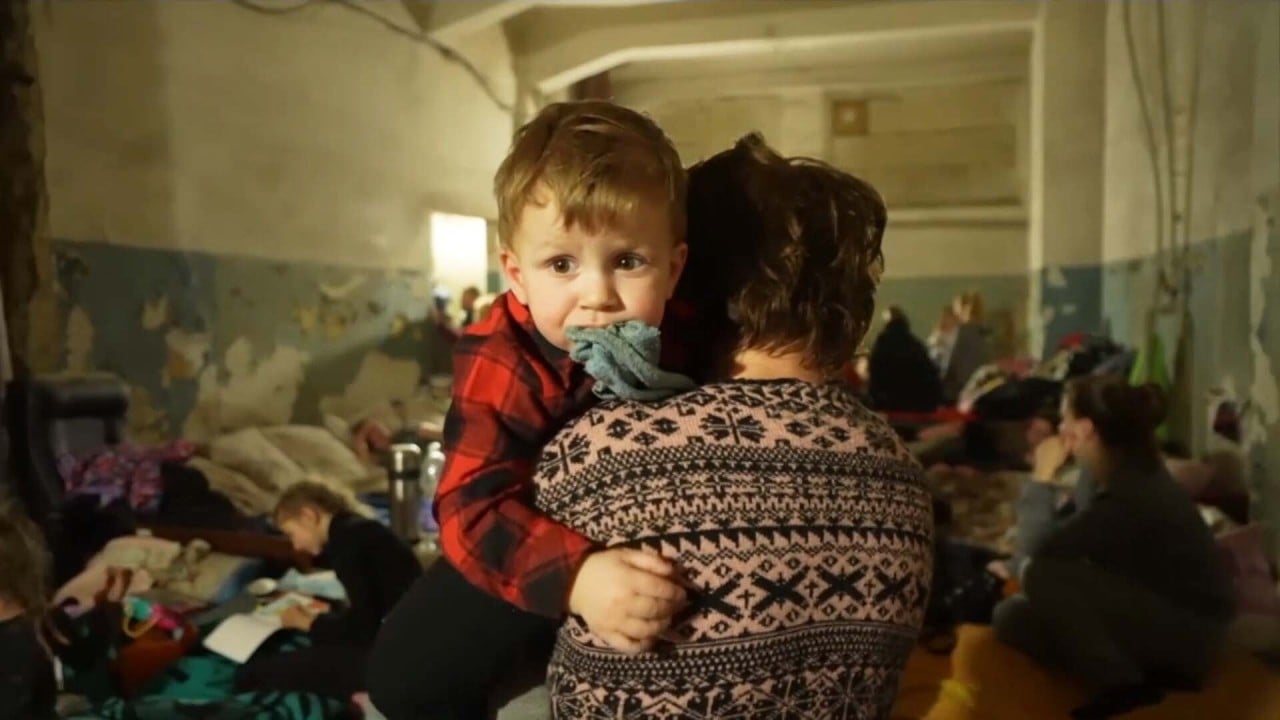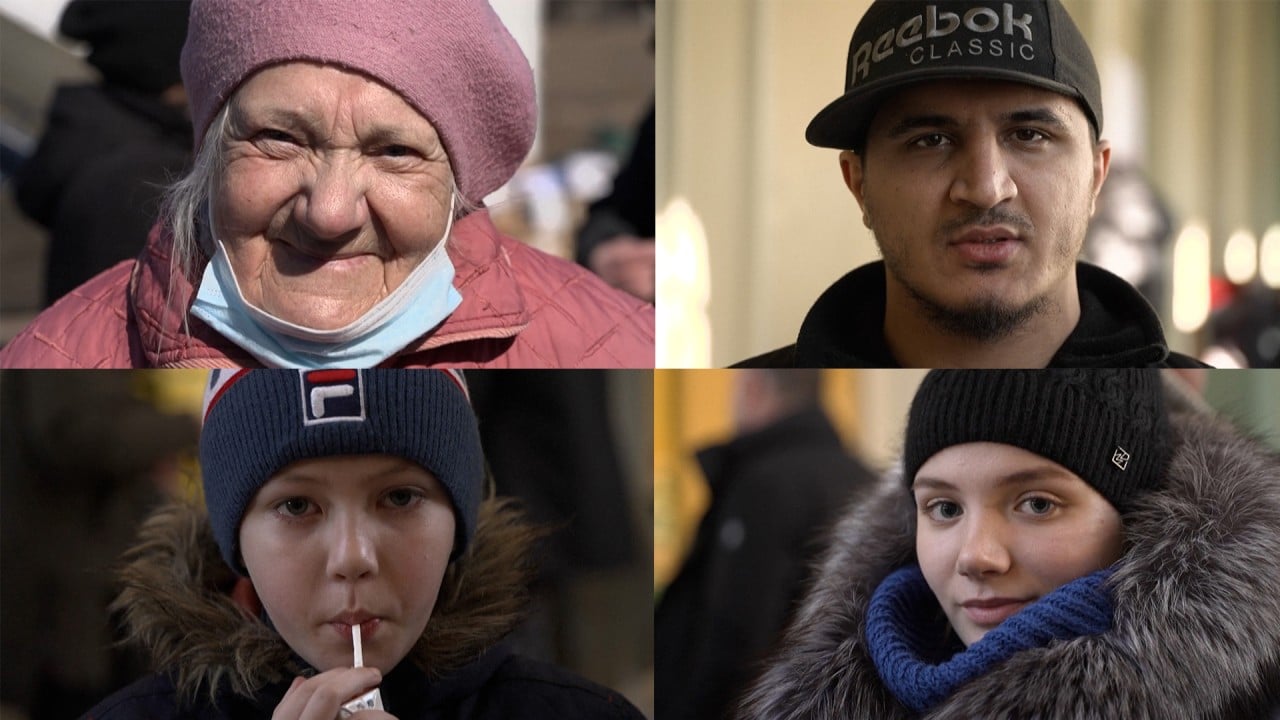
Ukrainian refugees suffer as the world slowly wakes up to growing humanitarian crisis
- Russia’s invasion has displaced millions of Ukrainians who are desperately seeking warmth, food and shelter at home or abroad
- The global response remains underfunded while measures by host countries, such as issuing visas or allowances, are only short-term solutions
The refugees, almost all women and children, face difficulties they could never have imagined. While some have been taken in by European families and some children have found safety with relatives, most are living in temporary shelters in the extreme cold and are short of food.
Ukrainian women and children seeking to cross into Poland face long delays. And millions of Ukrainians have been internally displaced, with the western city of Lviv reaching its capacity to accommodate extra people.
Europe is doing its best to accommodate those fleeing the war. Poland has taken in the most refugees, more than 2 million, followed by Romania, Moldova, Hungary, Slovakia and others. Moldova, among others, has called for international assistance.
The European Union estimates the refugee count could reach around 7 million. The UN refugee agency estimates that more than 2.5 million people, including 1 million children, have fled so far in the largest European refugee crisis since World War II.
Eastern European countries are already struggling to cope with the influx. Moving some refugees to other countries to relieve the pressure would be a huge logistical challenge, both for the people and the host countries.
Within Ukraine, amid plummeting temperatures, millions of children have been displaced, trekking through harsh weather, with poor supplies of food, clothes and heat. Children are particularly vulnerable to hypothermia, and mental trauma. A lack of transport is exacerbating their plight, as are the continuous explosions and artillery attacks.
There are growing concerns that human traffickers are targeting refugees under the pretence of offering help. Women face the additional burden of caring for children and the elderly.
While providing emergency aid, the United States has indicated that Europe should be the refugees’ primary destination. Around 140 countries allow in Ukrainians without a visa or provide visas on arrival. The New Zealand government has announced that Ukrainian-born New Zealand citizens and residents can bring in family members, giving them the right to study and work.
The Regional Refugee Response Plan outlines a comprehensive response to support the efforts of host countries, including the financial requirements of 12 national and transnational partners. However, these plans only look a few months ahead and a long-term vision is still lacking.
The exodus is expected to continue for the foreseeable future, but the response remains underfunded. Host countries, in issuing visas or allowances, are only offering short-term solutions.
Hosting and integrating Ukrainian refugees could cost these nations US$30 billion in the first year alone, according to new analysis by the Center for Global Development. Meanwhile, permanent integration could reshape Europe’s economic landscape.
However, migration experts and economists say it is too early to tell whether most Ukrainians will stay, as returning home could still be an option. This is in contrast to the 2015 movement of migrants from the Middle East and North Africa, who cannot return home as they fear persecution.
It may be necessary for host nations to comprehensively integrate refugees as full citizens, to protect both the people and their economies. Government schemes and programmes are needed to support children, women who lack financial support, people with disabilities, and the elderly.
For the time being, a humanitarian crisis is unfolding, and getting worse each day, under the watch of the world as Ukrainian men, women and children head into an uncertain future.
Professor Syed Munir Khasru is chairman of the international think tank, The Institute for Policy, Advocacy, and Governance (IPAG), with a presence in Dhaka, Melbourne, Dubai, Delhi and Vienna



